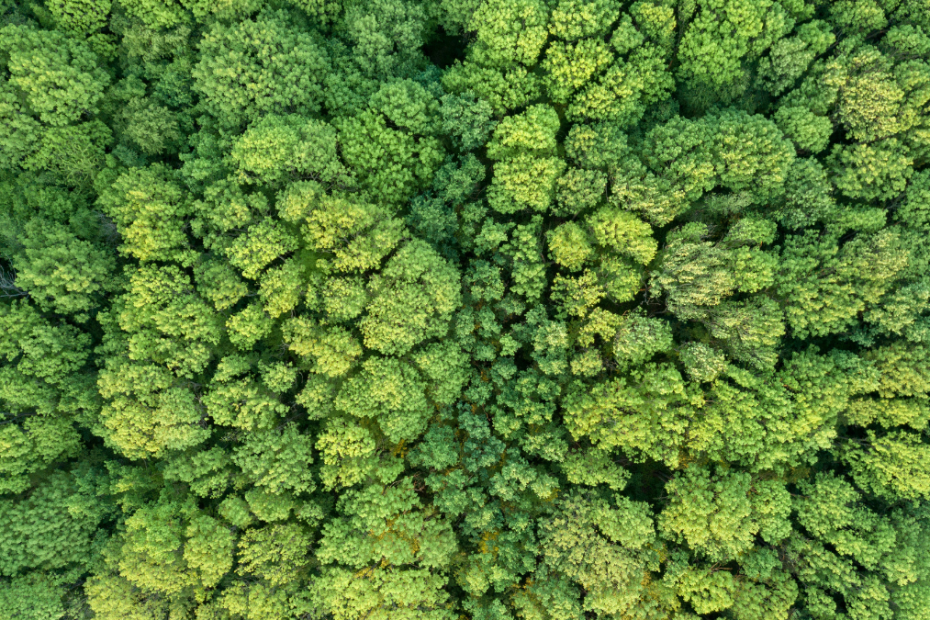Ecological conversion is at the heart of working for peace. Peace is not possible without an ongoing openness to our Creator and the sustained flourishing of God’s creation. Ecological conversion is a constitutive dimension of working for the fulness of God’s peace on earth.
We are in a crisis. Pope Francis has identified that we are participants of a “senseless war on our common home”. Not only do we exploit, pollute and diminish biodiversity, but our very social, cultural and economic structures fail to respect ecological and ethical limits. We live in a world where we are encouraged to commodify and possess land and resources for private benefit.
Many of us do this because we believe without question that this way of life is good. We are blinded by the dominant economic culture. We do not see our cultural woundedness because of unresolved collective traumas. We do not see that what has formed us as a culture has left us with individual and collective pain that we have yet to face and process. We are blinded to the harm caused because we see ourselves as individuals over and above the rest of God’s creation. We do not see that our sense of good is built upon images of God that are destructive.
We need a journey of conversion. We need a complete reversal of the direction we are travelling so that a real change is possible. At the heart of Christian conversion is a change of allegiance. We are called to turn away from our wounded cultural priorities and be open in a new relationship with our God who creates and sustains all of life. This requires that we have the courage to face our wounds that we carry collectively. One critical wound is any image of God that disconnects us from others and the rest of creation. A journey of conversion requires a healthy suspicion of theologies that are not based on love, respect and empathy.
Building on the insights of Saint John Paul II, Pope Francis has deepened our sense of what this conversion is about. His use of the term ecological conversion is not meant to maintain the separation between us and the rest of creation. We are part of the ecology. We are created to live in a healthy and respectful interconnectedness with all God has created.
Our call to ecological conversion is grounded in both the cry of the earth and the cry of the poor. These are interconnected and inseparable. The dynamic of exploitation for the sake of profit impacts on both the earth and those who are the poor of the earth. Ongoing and deliberate ecological conversion enables us to hear as God hears and to act as God would act.
This is at the heart of working for peace. Peace building requires a conversion that takes seriously the present crisis. Working for God’s peace calls us to be open to God amidst the crisis and to learn to hear and take seriously the cry of the earth and the cry of the poor. Having the courage and humility to face the woundedness within ourselves and our cultures is a necessary step towards peace. Ecological conversion is about seeking healing so that peace making is possible.
